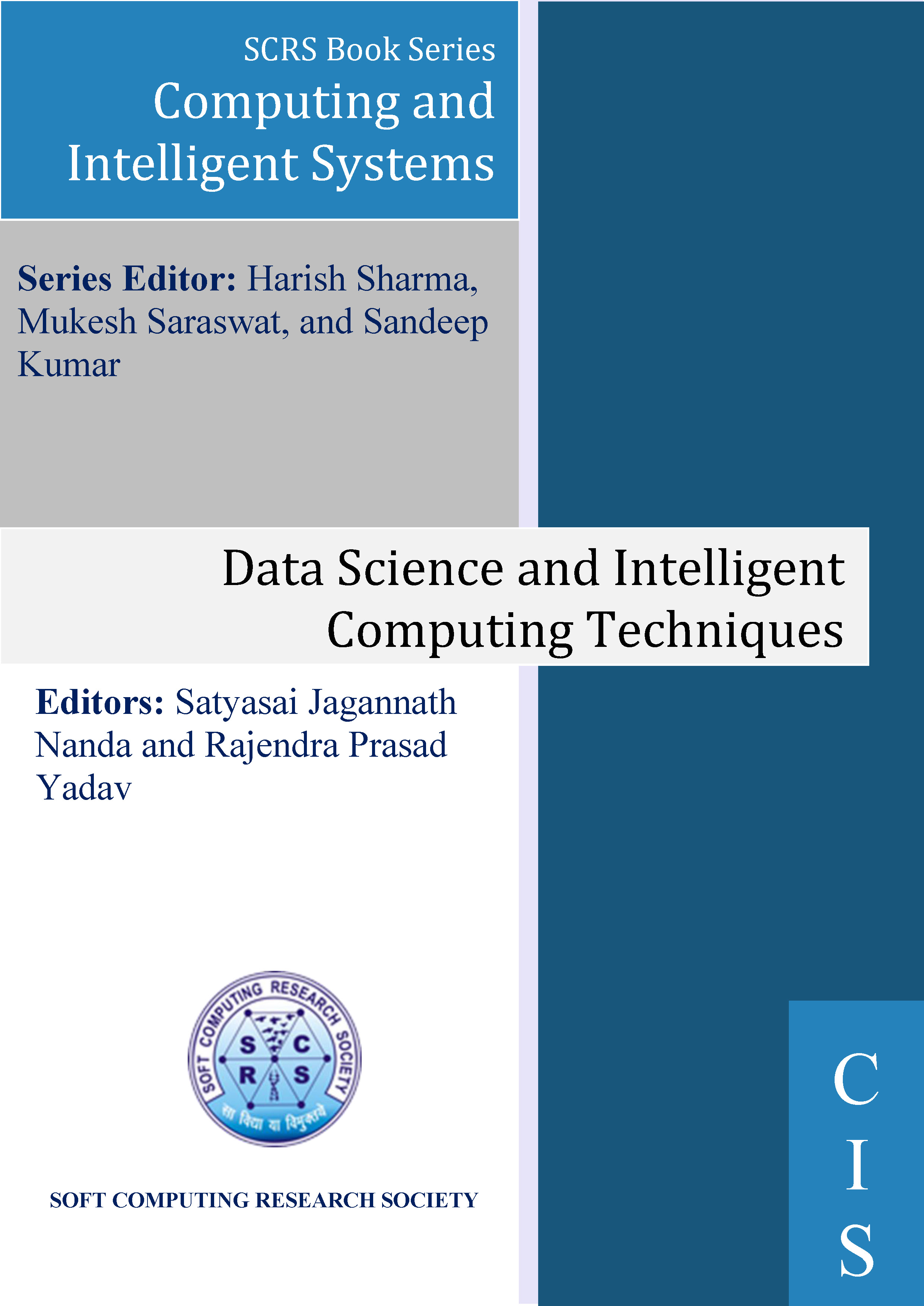
An Empirical Analysis of Mental Health Detection using Machine Learning
Authors: Navneet Singh, Jagrit Aggarwal, Satya Ranjan Jena and Ishleen Kaur
Publishing Date: 05-10-2023
ISBN: 978-81-955020-2-8
Abstract
Mental health disorders continue to pose significant challenges to individuals and societies worldwide. It serves itself to be an issue faced by all well-being, hence necessitating efficient and accurate methods for their detection and diagnosis. This study focuses on empirical mental health detection by analyzing the Reddit app's comments. Social media is a multifaceted platform providing updates regarding the news and events, and to mutually connect with our close well-being. Social media offers unfiltered information about the individual's thoughts and emotions, providing a rich source for observing and detecting mental health challenges that people face nowadays. The research focuses on the evaluation of the comments using word embedding techniques like Fast Text, Word2Vec, and Bag of Words, for a better understanding of the textual data.Furthermore, several machine learning models are employed to perform sentiment analysis on the preprocessed data. The models utilized in this study include Random Forest, Multinomial Naïve Bayes, Logistic Regression, and XGBoost classifier, a member of the gradient boosting algorithm family. By leveraging machine learning models, the study provides valuable insights into efficient and accurate diagnostic processes for specific mental health disorders, particularly PTSD and anxiety. The highest accuracy achieved by our analysis is 79.471%.
Keywords
Anxiety, Machine learning, Mental health, Natural language processing, Social media, Post-Traumatic Stress Disorder (PTSD).
Cite as
Navneet Singh, Jagrit Aggarwal, Satya Ranjan Jena and Ishleen Kaur, "An Empirical Analysis of Mental Health Detection using Machine Learning", In: Satyasai Jagannath Nanda and Rajendra Prasad Yadav (eds), Data Science and Intelligent Computing Techniques, SCRS, India, 2023, pp. 361-371. https://doi.org/10.56155/978-81-955020-2-8-32